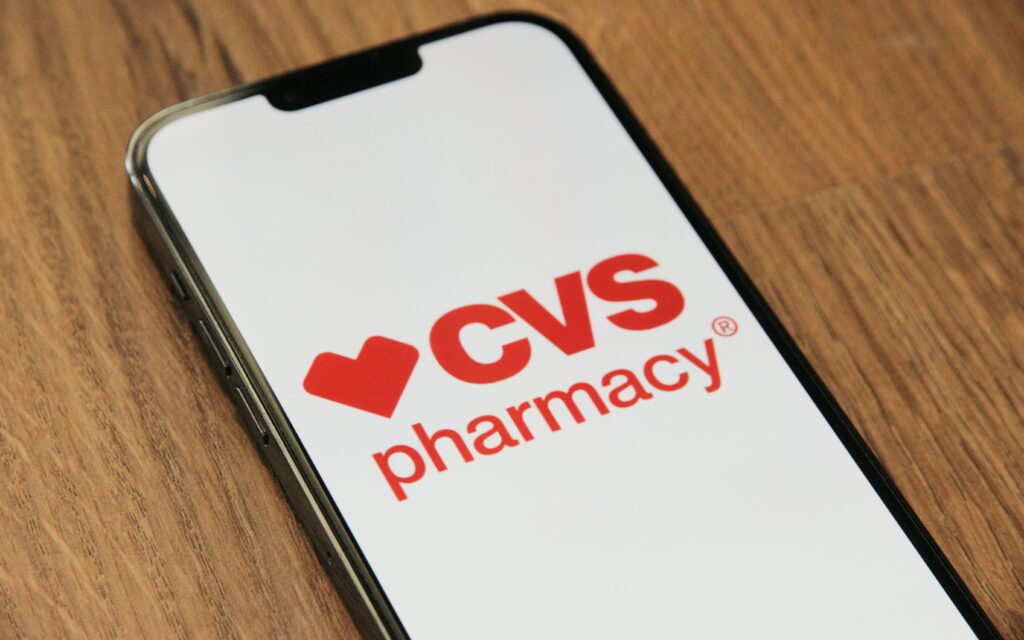Checks are a convenient way to make payments, but fraudulent or invalid checks are infamous for causing inconvenience and even losses to the receiving company. To prevent this, many retailers use third-party check-verification services like TeleCheck and Certegy to ensure that your check is valid before accepting it. Let us know ‘Does CVS Use TeleCheck Or Certegy?’.

CVS uses TeleCheck and not Certegy as its third-party check-verification service provider. When you perform a check-based transaction at CVS, TeleCheck performs a background check of your personal information, previous banking activities, and unpaid debts to help CVS avoid invalid checks and, therefore, monetary losses. It also performs risk management analysis to help avoid scammers and keep the transaction safe. CVS does not directly affiliate with financial institutions, so it uses TeleCheck’s third-party service.
Reasons why CVS uses Telecheck?
- There are many risks associated with allowing check-based payments, including fraudulent checks from scammers.
- TeleCheck performs background analysis on the customer’s records and other risk analyses to help the merchant decide if it is too risky to accept the check.
- Therefore, TeleCheck helps avoid the losses a merchant would expect from check-based payments and enables them to offer this form of payment.
- TeleCheck helps more than 374,000 merchant locations with check verification, so they have a large database to use during analysis.
Completing the transaction using TeleCheck
When you give your check to CVS, they submit the check information to TeleCheck for analysis. TeleCheck will capture the banking information and the amount. You will have to sign for authorization. This allows TeleCheck to electronically present your check to the bank and withdraw the funds to pay on your behalf. You will receive a copy of the receipt for your records. The transaction will be completed within two business days and will appear on your bank statement with other debit transactions with all the necessary information. If the check seems risky, TeleCheck responds with a “Code 3” to warn the merchant.
TeleCheck’s methods of verification
TeleCheck derives data from all the checks it sees and performs debt verification and risk-based decisions based on that data. It keeps track of debts in a live database based on check and bank account records reported by merchants. It will check your debt history based on this database to make the check acceptance decision. TeleCheck also works with Law Enforcement authorities and uses patterns, statistical profiles, and predictive risk decisions to help protect against fraud. For the risk decisions, TeleCheck looks for patterns like what fraudsters usually buy and where, how fast they move, how much they spend, et cetera. It is not 100% accurate, but it certainly helps.
Why your check might be rejected, and how to make it more acceptable?
You can provide TeleCheck with correct information about yourself, for example, the record number on your declined receipt, your driver’s license number with its State, the banking numbers on your check, a Social Security number, and other information they need. Often, incomplete records can be a problem. Your account balance or check-writing history might not affect your TeleCheck acceptance. You can ask TeleCheck, and they will give you up to three major reasons for the decline, for example, your unpaid debts. Sometimes, the rejection is just risk-based – based on patterns or CVS’s security levels if they have recently seen more check-based frauds – or an accidental “link” to another check writer’s account. You can have some of these issues resolved by contacting TeleCheck directly. You can also report issues on the Dispute section of TeleCheck’s website.
Privacy Concerns
TeleCheck takes privacy concerns seriously. It does not have access to your bank balance and does not share details of your debt with others. They need some personal information about you to ensure that the transaction is genuinely yours, but the decision is largely based on patterns and statistical analysis.
Conclusion
To conclude, CVS uses TeleCheck rather than Certegy to validate check-based payments. Companies can lose large amounts to bad checks because they are very susceptible to fraud. For CVS to continue offering this mode of payment to customers without needing direct affiliation with a bank, they use TeleCheck to help check if the check received is valid before accepting it. This protects CVS and enables check acceptance. Your check might be rejected because of unpaid debts, insufficient information, “Risk-Decisioning” methods, or incorrect information. It does not indicate a definite “bad” check, and you can work with TeleCheck to make your transactions more reliable for them.
FAQs
Q: Does CVS also cash checks?
A: No, CVS accepts checks as a mode of payment, but it does not cash checks. Look for a nearby bank or a store that can cash checks for help.
Q: If I have never written a bad check, or I usually do not use them, can TeleCheck reject my check?
A: The risk-determining model does not check your history, so other risky-looking factors might make your check get rejected. Also, if you do not usually write checks, your account number might seem unfamiliar and flag the system.
Q: What forms of payment does CVS accept?
A: CVS offers multiple payment platforms like Apple Pay, Google Pay, Samsung Pay, traditional payment methods, gift cards, PayPal, Venmo, personal checks with valid IDs, and many more. You can check the exact details on their website.

